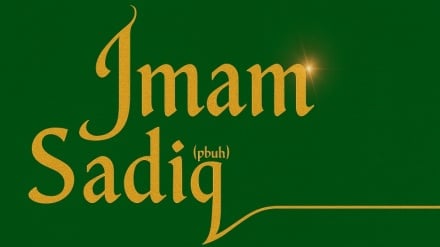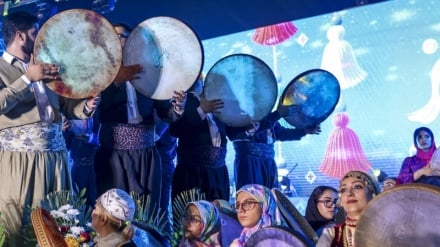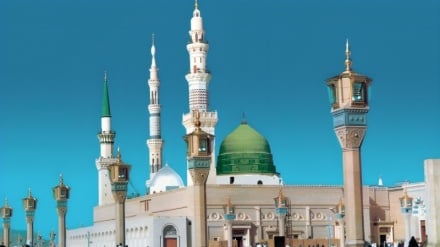Islamic Human Rights and Human Dignity Day
Human rights cover freedom, equality, resistance against oppression, security, political and social liberties, and the right to own property.
Though in the West human rights have always been exploited as a tool by the regimes, in Islam human rights have a far wider concept and are based on human dignity and spiritual values that are conspicuously absent in materialistic cultures. In view of this, on August 5, 1990, the OIC in its meeting in Cairo adopted the Islamic Declaration of Human Rights. Since 2008, on the recommendation of Iran and ratification by Muslim states, August 5 has been designated as "Islamic Human Rights and Human Dignity Day".
In Islam, unlike the West, human rights are based on the Holy Qur’an, which says that no one has superiority over other except in terms of piety which exalts the position of a person in the sight of God. Prophet Mohammad (blessings of God upon him and his progeny) has said that the human race is from Adam and Adam is from clay. He also explicitly said that neither the Arabs have any claim to superiority over non Arabs nor the white-skinned Quraish over the black skinned Africans. The Prophet practiced what he preached and built an exemplary society in which the Abyssinian Belal was his caller to prayer, while the Persian Salman was hailed as “from us the People of the House”.
Compared to the UN’s version of human rights, in Islam the scope of freedom is much wider and prohibits the exploitation of fellow humans under any pretext. The Declaration of Islamic Human Rights emphasizes the subservience of human beings and all that the universe contains to God, the One and Only Creator.
It should be noted that some of the human rights related to life have not been addressed in the UN’s Universal Declaration of Human Rights but in the Islamic Declaration they have been emphasized, such as the right to resist aggression and the right to live in a clean environment free from moral corruption and on the basis of dignity and honour. The need to preserve human dignity even after death and to honour the body is among the human rights not mentioned in the West’s version.
Among other things stated in the Islamic Declaration of Human Rights, but not included in the Universal Declaration, are the right to the protection of innocent people and women and children during war, proper treatment of the wounded, safeguarding the dignity of the captives and non-mutilation of the dead. This is mentioned in Article 5 of Islamic Declaration of Human Rights but has not been addressed in the Universal Declaration, although this issue was later addressed in the Geneva Conventions.
Another distinction is that the role of religion in the Islamic Declaration has become more prominent, while the Universal Declaration of Human Rights has ignored it.
The Islamic Declaration of Human Rights, which includes an introduction and five articles, is an attempt by the Islamic community to express its Islamic identity internationally and to express the views of this divine religion on human rights. Unfortunately, this document has not yet been introduced in many Muslim countries, and the general public is not aware of it. Still no effective steps have been taken to enforce the provisions of this document in the civil system of many Muslim countries. Unfortunately, it must be admitted that Islamic rights are still suppressed and violated in Muslim countries. For example, the Bahraini and Saudi Muslims are still deprived of their most basic Islamic rights and not a day passes when these regimes arrest, torture and kill Muslims demanding their birthrights.
The day the Muslim countries realize the importance of human rights in Islam and begin to implement it, then only will the Ummah be able to stand on its feet to challenge the domination of the West, and build a society on the basis of human dignity that is free from moral corruption and the environmental hazards.
FK/AS/SS


